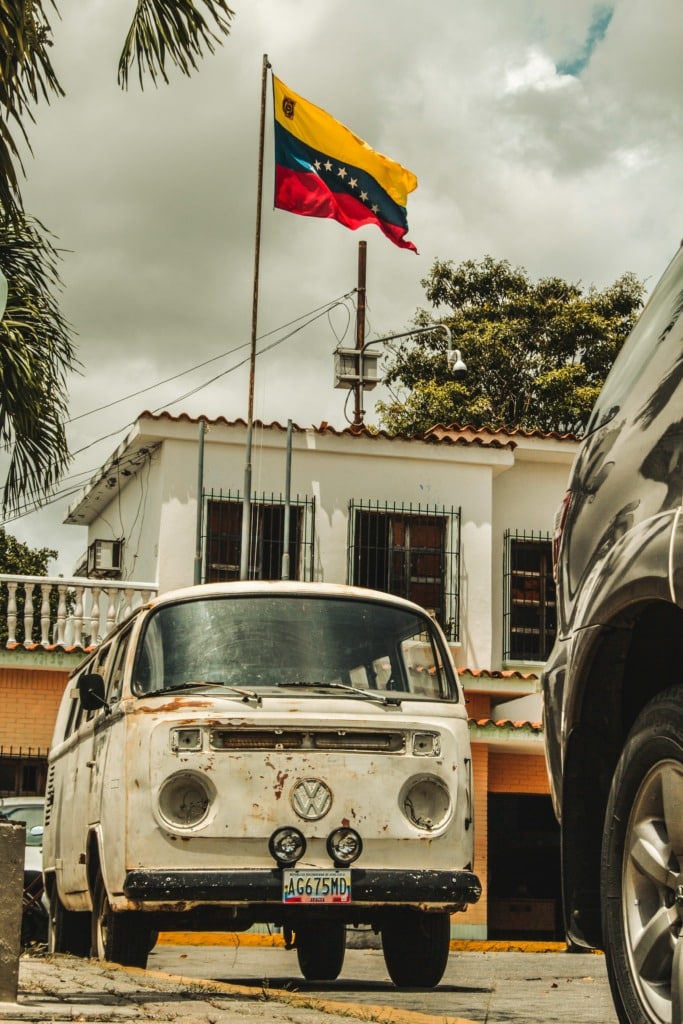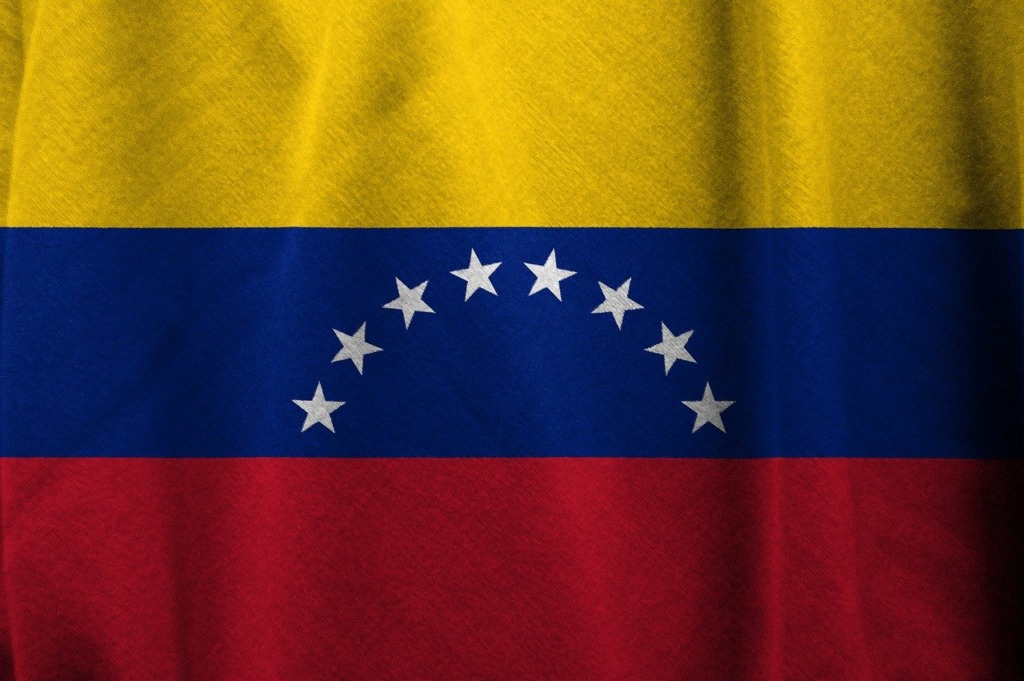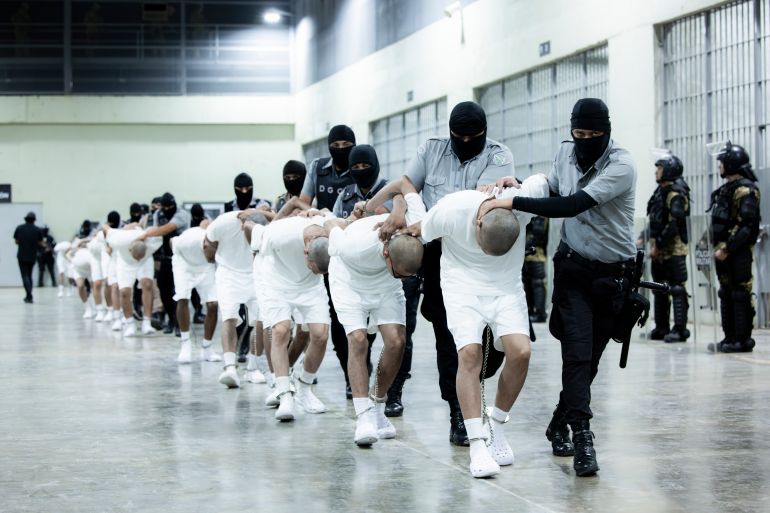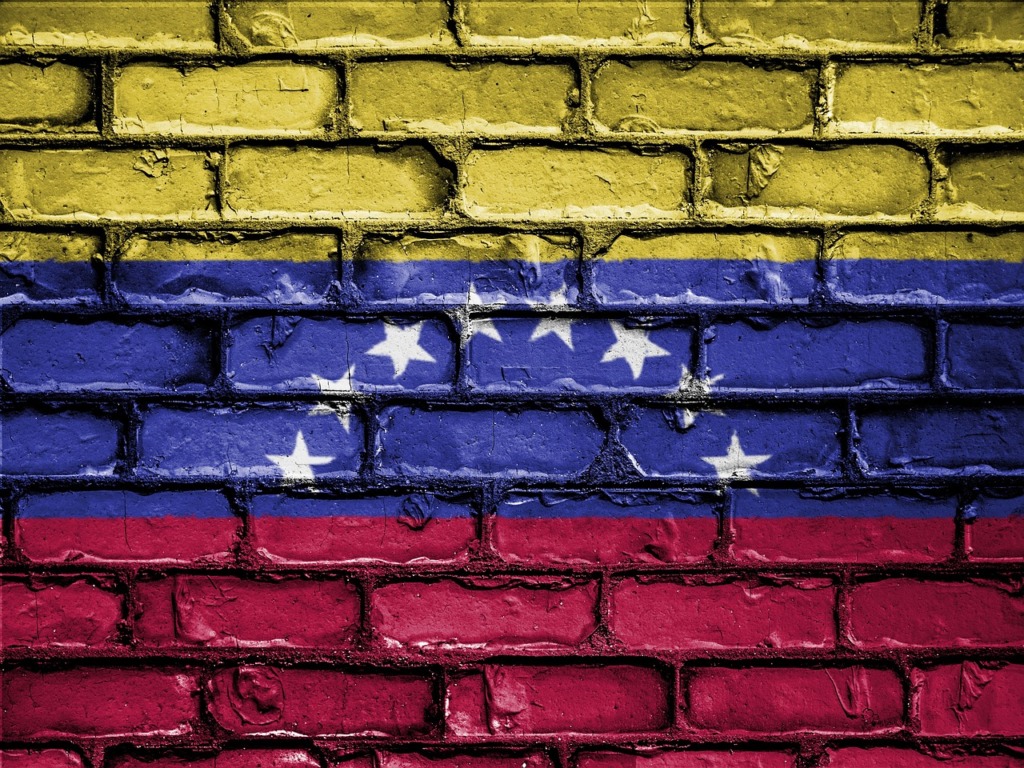Maduro’s Capture Was Not a Legal “Law Enforcement Operation”
The international legal implications regarding the U.S. capture of Venezuelan president Nicolás Maduro are profound. I want to clarify just one misconception that appears to be growing in importance. The Trump Administration has downplayed the military aspects of the operation by asserting that the U.S. military was simply aiding a law enforcement effort to serve…
Continue ReadingD.C. Circuit Allows Venezuela Expropriation Case to Proceed
On October 3, 2025, the D.C. Circuit issued its latest opinion in Helmerich & Payne International Drilling Co. v. Venezuela. Judge Gregory G. Katsas affirmed the district court’s rulings that the Foreign Sovereign Immunities Act’s (FSIA) expropriation exception allows the plaintiff’s claim, that the district court has personal jurisdiction, and that the act of state…
Continue ReadingThe Billion-Dollar Determination of Foreign Law Question
The ongoing litigation in New York relating to the validity of certain notes issued by Venezuela’s state-owned oil company has received extensive coverage here at TLB. In 2022, I explained that the case presented a billion-dollar choice-of-law question. That choice-of-law question was answered in 2024 when the New York Court of Appeals held the validity…
Continue ReadingDistrict Court’s Order in the Venezuelan Deportees Case Was Not Extraterritorial
As was widely reported yesterday, the Trump administration permitted two planes carrying Venezuelan deportees to continue on their way to El Salvador after receiving a judicial order to turn the flights back to the United States. A story in Axios quotes an administration official who explains that they were not in fact “actively defying” the…
Continue ReadingAnti-Comity and N.Y. General Obligations Law 5-1401
Not many statutes can fairly be described as bruisers. Section 5-1401 of New York General Obligations Law is an exception. In the immortal words of The Bachelor: “Section 5-1401 didn’t come here to make friends.” The purpose of Section 5-1401 is to generate business for New York lawyers and maintain New York’s status as a…
Continue ReadingAn Answer to the Billion-Dollar Choice-of-Law Question
On February 20, 2024, the New York Court of Appeals handed down its opinion in Petróleos de Venezuela S.A. v. MUFG Union Bank, N.A. The issue presented—which I described in a previous post as the billion-dollar choice-of-law question—was whether a court sitting in New York should apply the law of New York or the law…
Continue ReadingLitigating Expropriation Claims in U.S. Courts
Foreign sovereigns generally enjoy sovereign immunity in the United States by operation of the Foreign Sovereign Immunities Act (FSIA). The FSIA specifically provides, however, that a foreign sovereign shall not be immune in any case in which “rights in property taken in violation of international law are in issue.” On its face, this expropriation exception…
Continue ReadingNew Scholarship on Sanctions and Central Bank Immunity
Ingrid has a new paper out on recent developments in central bank immunity, focusing on sanctions by the United States and other countries involving Russian, Afghan, and Venezuelan central bank assets and their relationship to immunity. Some of the issues addressed in the paper involve transnational litigation in U.S. courts, including the entitlement of sovereign…
Continue ReadingThe PDVSA Bonds, Autocracy, and the Venezuelan Constitution
The Second Circuit’s recent decision in Petróleos de Venezuela S.A. v. MUFG Union Bank, N.A. certified a number of choice-of-law questions to the New York Court of Appeals. The decision to certify, which had the effect of postponing a definitive resolution of the dispute, was previously discussed at TLB here and here. In this post, I focus…
Continue ReadingMore on the Validity of the PDVSA 2020 Bonds
Governments with no realistic prospect of paying their debts often gamble for redemption, trying desperately to avoid default. Political leaders, with good reason, fear that a debt default will get them thrown out of office. But in trying to hold power, sometimes by borrowing even more, they often make matters worse for the country and…
Continue Reading





